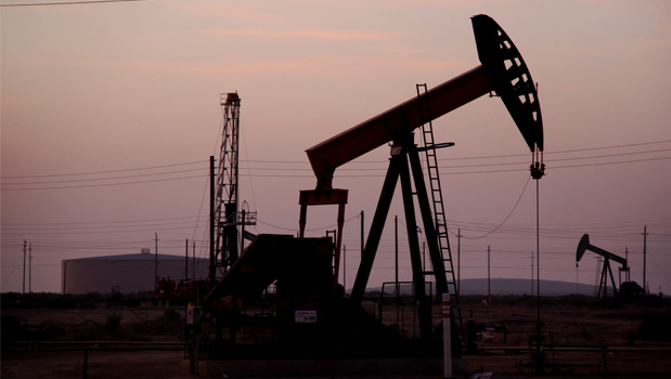
Oil prices have hit a new 11-year low, adding weight to calls for more cuts in the Reserve Bank's official cash rate and casting doubt on the future direction of commodities markets.
In the major commodities markets, oil prices continued to slide as the row between Saudi Arabia and Iran made any co-operation between major exporters to cut output even more unlikely.
The furore over Saudi Arabia's execution of a Shi'ite cleric has stripped nearly 8 per cent off the price of oil in the last three trading days, ending speculation that Opec members might agree to production cuts to lift prices.
Evidence of slowing economic growth in China and India has meanwhile fuelled fears that even strong demand elsewhere may not be enough to mop up the excess crude from near-record production over the last year.
Benchmark Brent crude futures were at US$35.07 a barrel yesterday, down US$1.58 on the day, and reached their lowest since early July 2004.
The Reserve Bank last December cut its official cash rate by 25 basis points to 2.5 per cent, which is where most banks expect it to stay.
The central bank, which highlighted concerns about weaker growth in China, noted that CPI inflation was below its 1 to 3 per cent target range, in part due to sharp falls in world oil prices since mid-2014.
While most commercial banks expect the official cash rate to form a base at 2.5 per cent, both ASB Bank and Westpac expect to see two more cuts, which would see the rate at 2 per cent.
Oil is one of the key inputs for the CPI.
"And the environment that we are in, the outlook for inflation is benign, and that's one of the reasons why we see the Reserve Bank cutting the official cash rate to 2 per cent," said Westpac senior economist Anne Boniface. "Weaker oil prices -- depending on what's a happening with the New Zealand dollar -- tends to put downward pressure on inflation," she said.
While cheap oil could have benefits for the economy the same cannot be said for the commodities markets, particularly the "soft" commodities New Zealand specialises in, such as dairy.
ANZ chief economist Cameron Bagrie said low oil prices would suppress CPI inflation, but the Reserve Bank was more concerned about core inflation two years down the track.
"It just adds to the disinflationary pressure that we are seeing," Bagrie said. "Lower oil prices puts more money in people's pockets, which may add to inflationary pressure further down track," he said.
There is a strong correlation between oil prices and other commodities prices as most of them are sensitive to fluctuations in global demand.
Dairy prices have already started the year on a soggy note, with key wholemilk powder prices dropping by 4.4 per cent to US$2210 a tonne at this week's GlobalDairyTrade auction.
Bagrie said the global scene would have a big bearing on where interest rates go from here.
Nervousness about world growth was already making its presence felt on the New Zealand dollar, which had weakened since the start of the year, he said.
ANZ expects the currency to drop to a range of US60c to US65c by the year's end, assuming China's economy remains stable.
Additional reporting by AAP
Take your Radio, Podcasts and Music with you







